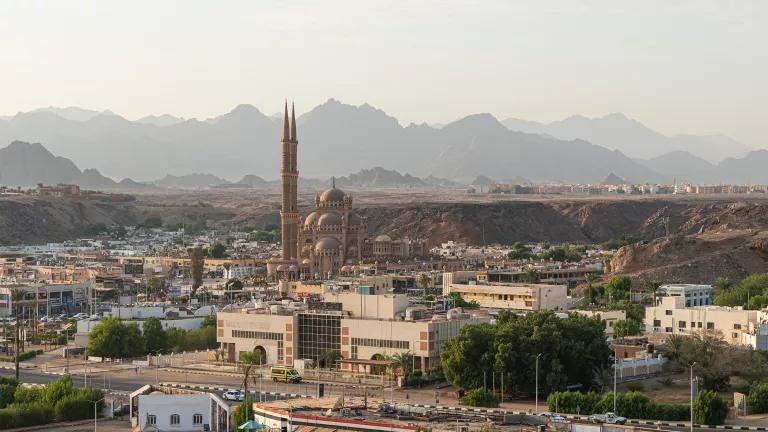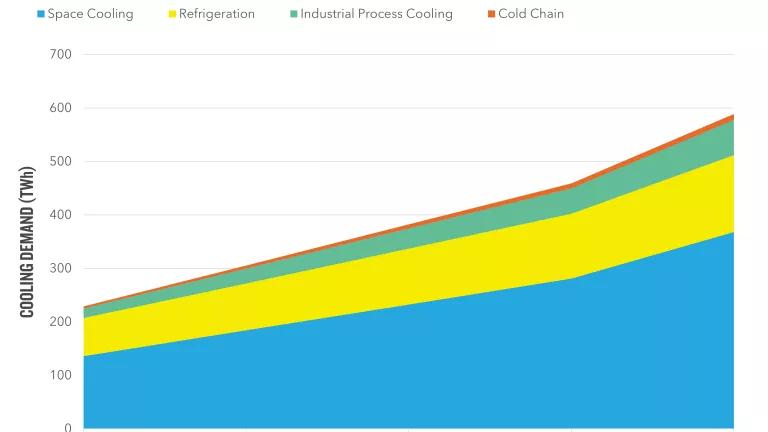Retrofitting Mahindra Towers
How an innovative Energy Service Company (ESCO) model lowers energy bills with no upfront cost.
The Indian economy has experienced unprecedented growth over the last decade. This growth led to increasing per capita income and standards of living, coupled with rapid urbanization, rising demand for housing and expanding commercial office space, all of which strain India's current energy resources. Incorporating energy efficiency measures into India's building stock is an untapped energy resource with immense potential to help meet India's rising energy needs.
As the Mahindra Towers ESCO retrofit demonstrates, Energy Service Companies (ESCOs) are a key tool to advance India's efficient buildings market. An ESCO is a company that provides integrated energy services to its customers, including undertaking energy audits and implementing energy efficiency improvement projects on a turn-key basis. The earnings of the ESCO are contingent on the savings that accrue to the customer from the project. Therefore ESCOs secure the project risk and may cover upfront costs to ensure improved energy efficiency in a customer's facility and their payment for the services are delivered based (either in whole or at least in part) on the achievement of those energy efficiency improvements.
This case study highlights the Mahindra Towers headquarters, an office building in Mumbai, focusing on the strong business case for the ESCO model to implement energy efficiency improvement measures. As a result of the energy performance contract (EPC) taken up between the ESCO and Mahindra, Mahindra Towers reduced its power consumption by 14 percent in the first 12 months of the retrofit. The Mahindra Towers saved 543,108 kWh and Rs. 40,73,310 ($66,200) from March 2009 to February 2010.



